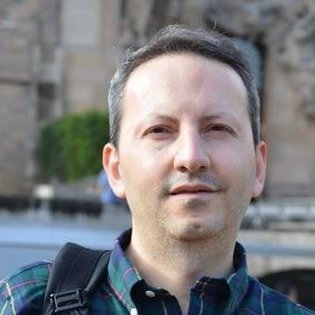December 29, 2017

Four UN rights experts last Wednesday called on Iran to “immediately” annul the death sentence against an academic accused of helping to kill Iranian nuclear scientists. Four days later, Iran’s Supreme Court endorsed the death sentence, meaning Ahmadreza Djalali may now be hanged at any time.
Djalali, an Iranian emergency medicine specialist resident in Sweden, was sentenced to death in October for spying for Israel by providing information on nuclear scientists.
The academic was a visiting professor at Belgium’s Vrije Universiteit Brussel when he was arrested during a trip to Iran in April 2016.
Djalali has said he was being punished for refusing to spy for Iran while working in Europe.
In a statement, the four rights rapporteurs working for the United Nations warned that “the procedure against him was marred by numerous reports of due process and fair trial violations,”
The UN rapporteur on the human rights situation in Iran, alongside the rapporteurs on arbitrary detention, torture and summary executions, pointed to reports that Djalali had been held incommunicado, denied access to a lawyer, and forced to confess.
“The execution of Dr. Djalali must be immediately halted and he must be released and accorded an enforceable right to compensation and other reparations,” the four said.
“No formal charges were brought against him for nearly 10 months and he was effectively prevented from exercising his right to challenge the legality of detention,” they said.
They also maintained that “Djalali’s rights to a fair trial before an independent and impartial tribunal and to an effective defense have been violated.”
During his detention, Djalali was reportedly threatened with torture and with being sentenced to death through an expedited process, according to the statement.
“Following this, he was allegedly forced to confess to certain crimes, and forced to repeat dictated statements before video cameras,” it said. The video of that confession was recently broadcast on state TV in Iran. Djalali said he was told he must make the confession or he would never be released.
Djalali was sentenced to death October 21, and the experts lamented that, according to information they had received, “he was not given a meaningful opportunity to appeal against his conviction and no defense submission was made.” The issue went before the Supreme Court because all death sentences must be reviewed by that court.
Tehran Prosecutor Abbas Jafari-Dolatabadi said Djalali divulged information that led to the assassination of two nuclear scientists in 2010. But Djalali’s lawyers said the trial produced no evidence to substantiate the allegation.











